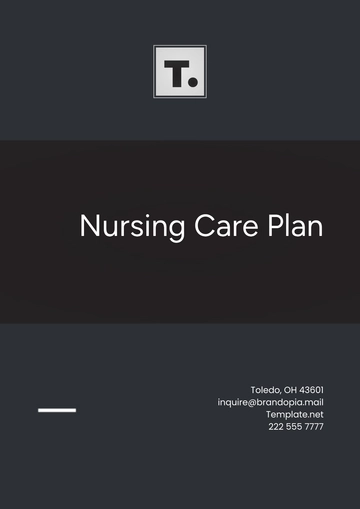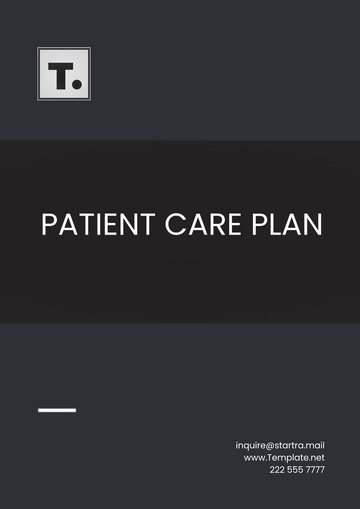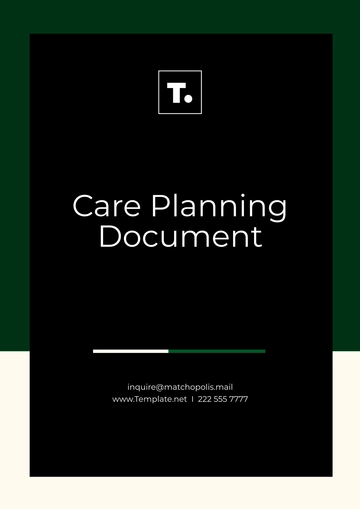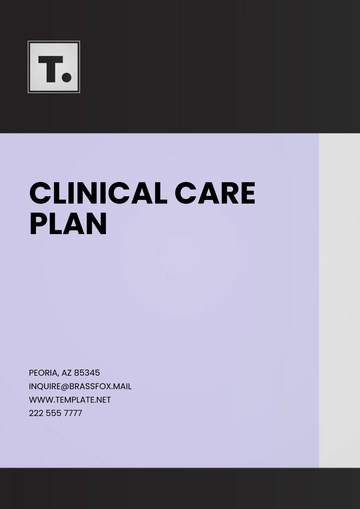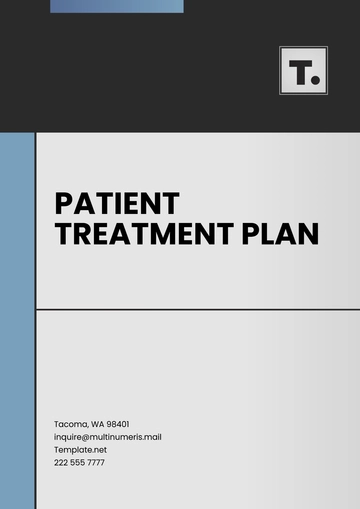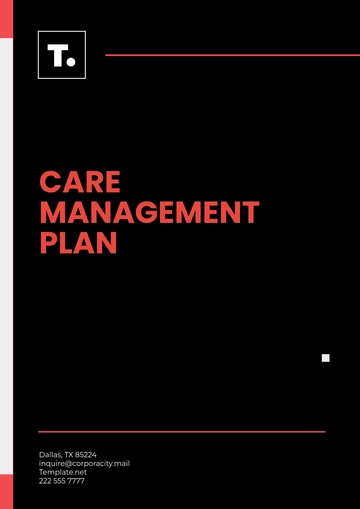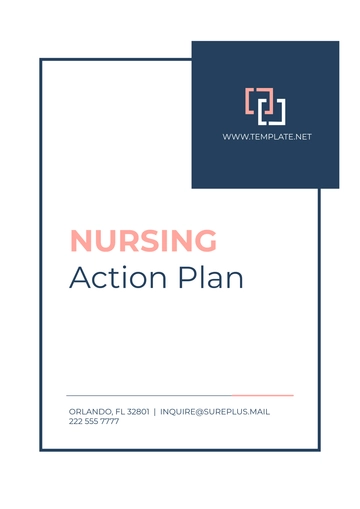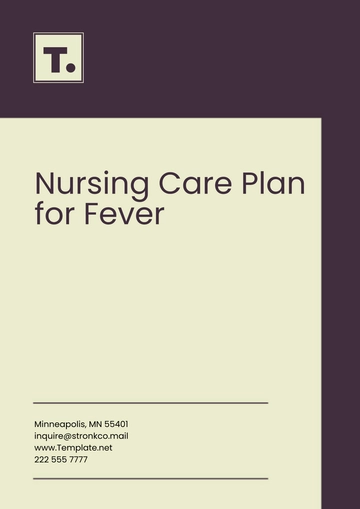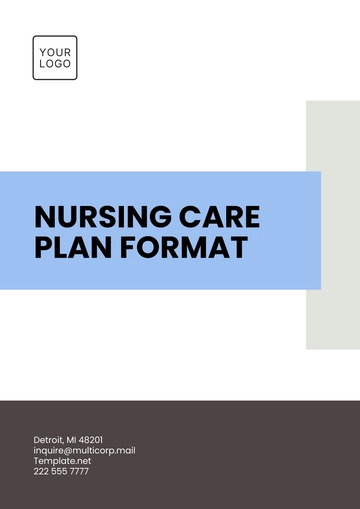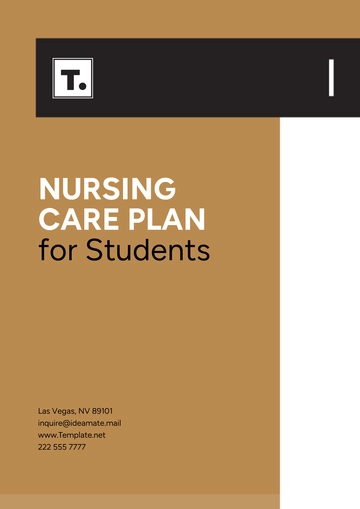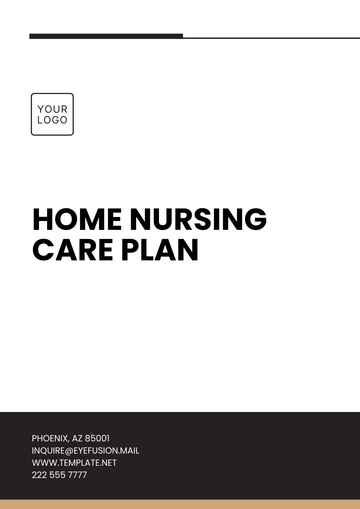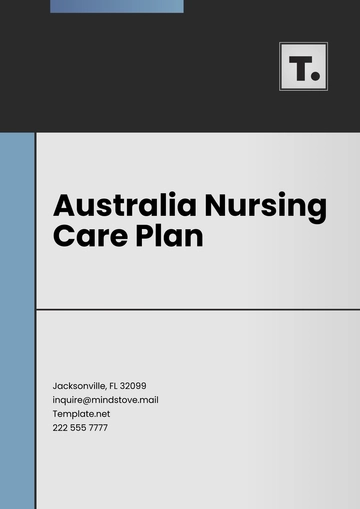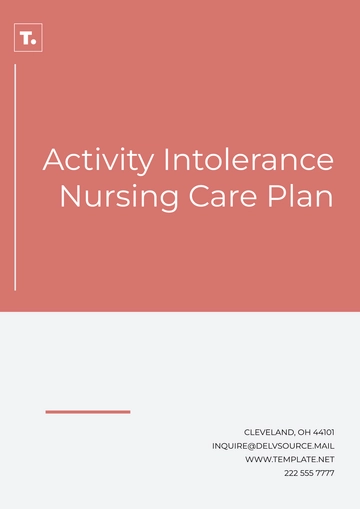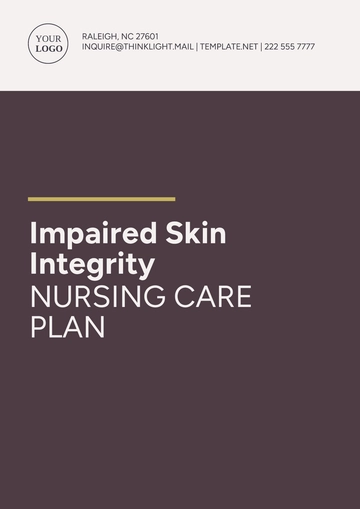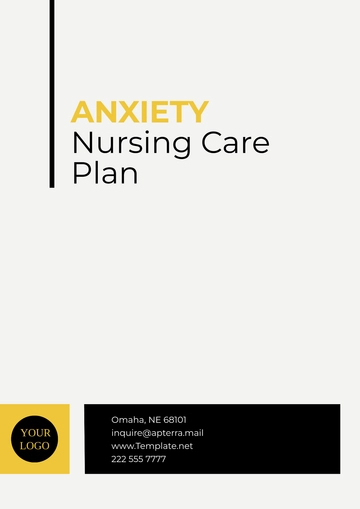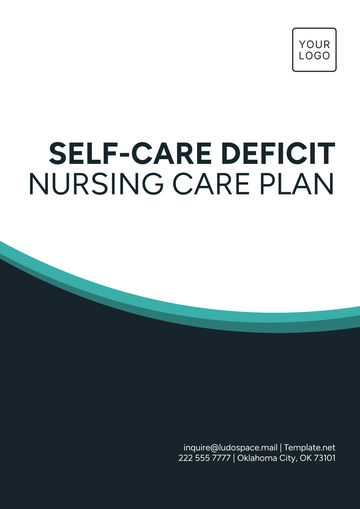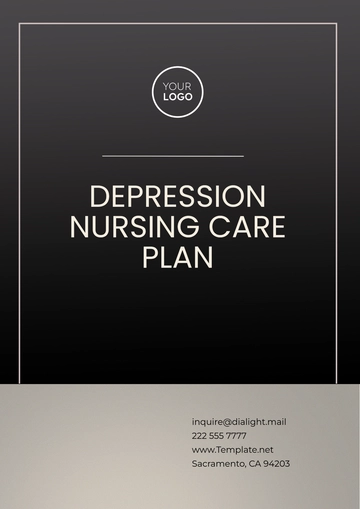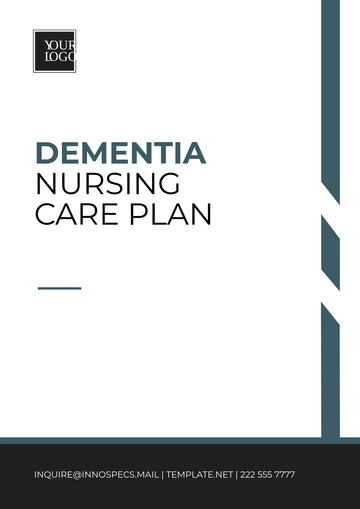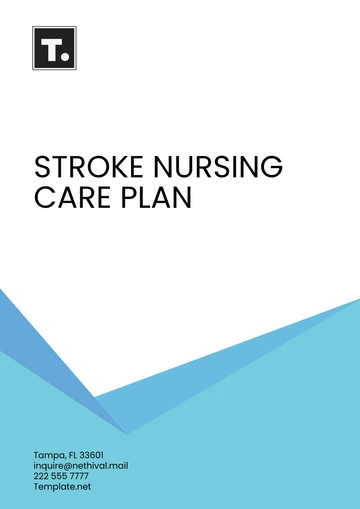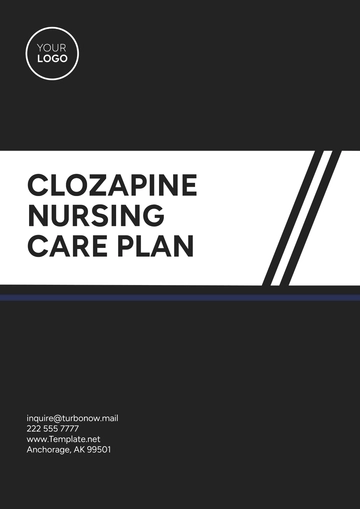Free Depression Nursing Care Plan
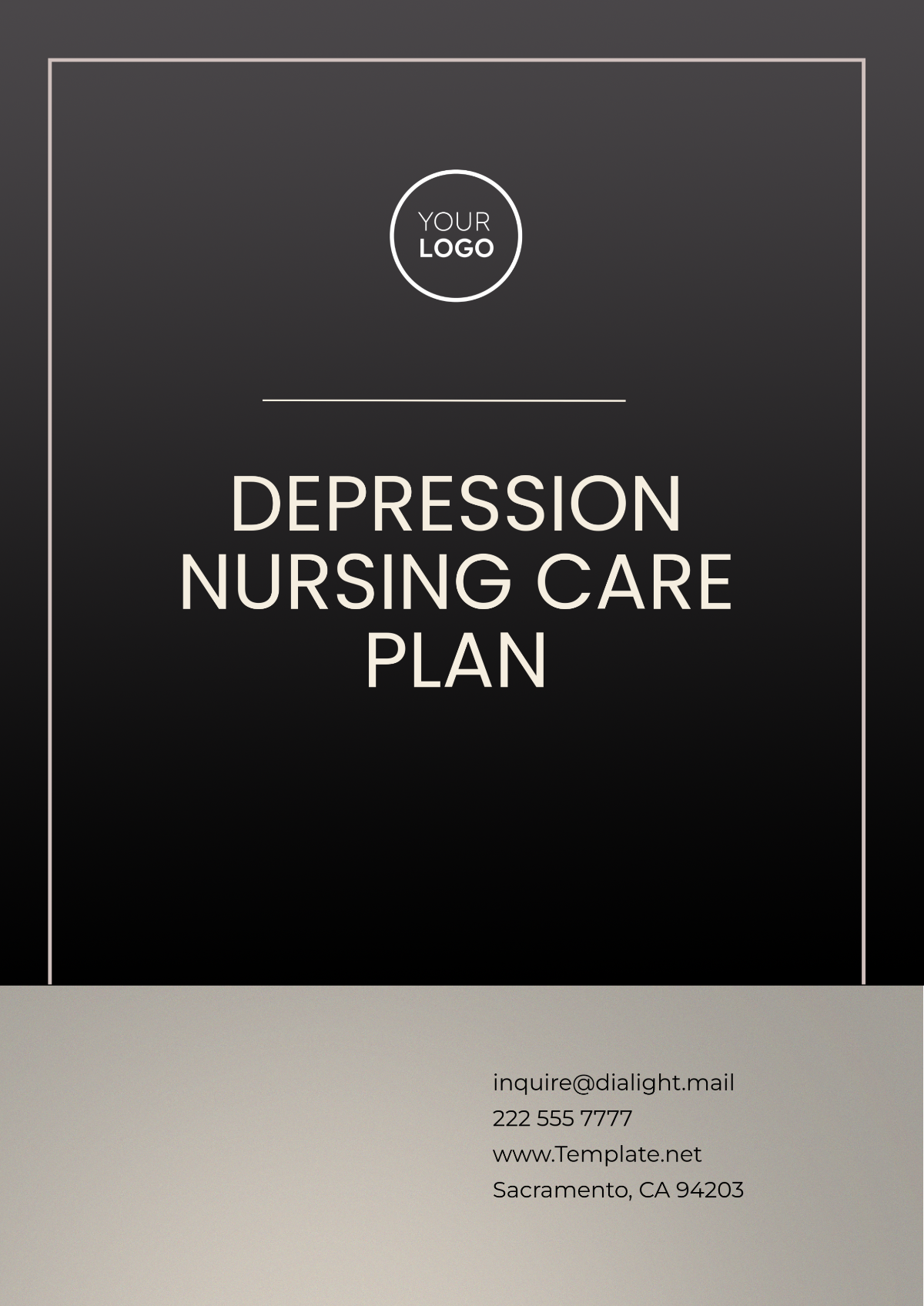
Prepared by: [YOUR NAME]
Email: [YOUR EMAIL]
Date Prepared: November 21, 2050
Patient Information:
Patient ID | Name | Age | Gender | Date of Birth |
|---|---|---|---|---|
12345 | Adelia Harber | 45 | Female | May 15, 2005 |
Assessment Data:
Chief Complaint: Persistent feelings of sadness, loss of interest in daily activities, trouble sleeping, and fatigue.
Medical History: Mild hypertension, history of substance abuse (recovered).
Psychiatric History: Diagnosed with major depressive disorder (MDD) 3 years ago, with intermittent symptoms.
Nursing Diagnosis:
Risk for self-harm related to depressive symptoms.
Ineffective coping related to lack of social support.
Patient Goal(s):
Short-term goal (within 1 week): Patient will express reduced feelings of sadness and anxiety, rating symptoms less than 5 on a 10-point scale.
Long-term goal (within 3 months): Patient will engage in at least one social activity per week and report improved sleep patterns.
Nursing Interventions and Rationales:
Intervention | Frequency | Expected Outcome | Rationale |
|---|---|---|---|
1. Administer prescribed antidepressant medications (e.g., SSRIs). | Daily, as prescribed | Patient will show a reduction in depressive symptoms. | Antidepressants help regulate mood and serotonin levels. |
2. Provide therapeutic communication, encouraging the patient to express feelings. | Daily | Patient will verbally express emotions and concerns. | Active listening helps improve emotional expression and reduces isolation. |
3. Monitor vital signs, including blood pressure, to assess side effects of medication. | Every 8 hours | No significant changes in vital signs. | Monitoring ensures early detection of medication side effects. |
4. Educate patient on relaxation techniques (e.g., deep breathing, mindfulness). | Weekly | Patient will report reduced anxiety and improved relaxation. | Relaxation techniques help lower stress and improve mood regulation. |
5. Encourage participation in a support group or therapy sessions. | Bi-weekly | Patient will attend at least one group session. | Support groups provide social interaction and reduce feelings of isolation. |
Evaluation:
Date of Evaluation: December 15, 2050
Progress:
Short-term goal: Patient reports a decrease in depressive symptoms, rating them as 4/10.
Long-term goal: Patient has attended 2 therapy sessions and engaged in one social activity with family.
Further Recommendations: Continue medication management and increase social engagement through community events.
- 100% Customizable, free editor
- Access 1 Million+ Templates, photo’s & graphics
- Download or share as a template
- Click and replace photos, graphics, text, backgrounds
- Resize, crop, AI write & more
- Access advanced editor
The Depression Nursing Care Plan Template from Template.net provides a customizable and editable solution for healthcare professionals. Designed for ease of use, this template allows you to tailor care plans for patients with depression. Utilize the AI Editor Tool to quickly adjust and personalize details, ensuring optimal care and efficiency in your practice.
You may also like
- Finance Plan
- Construction Plan
- Sales Plan
- Development Plan
- Career Plan
- Budget Plan
- HR Plan
- Education Plan
- Transition Plan
- Work Plan
- Training Plan
- Communication Plan
- Operation Plan
- Health And Safety Plan
- Strategy Plan
- Professional Development Plan
- Advertising Plan
- Risk Management Plan
- Restaurant Plan
- School Plan
- Nursing Home Patient Care Plan
- Nursing Care Plan
- Plan Event
- Startup Plan
- Social Media Plan
- Staffing Plan
- Annual Plan
- Content Plan
- Payment Plan
- Implementation Plan
- Hotel Plan
- Workout Plan
- Accounting Plan
- Campaign Plan
- Essay Plan
- 30 60 90 Day Plan
- Research Plan
- Recruitment Plan
- 90 Day Plan
- Quarterly Plan
- Emergency Plan
- 5 Year Plan
- Gym Plan
- Personal Plan
- IT and Software Plan
- Treatment Plan
- Real Estate Plan
- Law Firm Plan
- Healthcare Plan
- Improvement Plan
- Media Plan
- 5 Year Business Plan
- Learning Plan
- Marketing Campaign Plan
- Travel Agency Plan
- Cleaning Services Plan
- Interior Design Plan
- Performance Plan
- PR Plan
- Birth Plan
- Life Plan
- SEO Plan
- Disaster Recovery Plan
- Continuity Plan
- Launch Plan
- Legal Plan
- Behavior Plan
- Performance Improvement Plan
- Salon Plan
- Security Plan
- Security Management Plan
- Employee Development Plan
- Quality Plan
- Service Improvement Plan
- Growth Plan
- Incident Response Plan
- Basketball Plan
- Emergency Action Plan
- Product Launch Plan
- Spa Plan
- Employee Training Plan
- Data Analysis Plan
- Employee Action Plan
- Territory Plan
- Audit Plan
- Classroom Plan
- Activity Plan
- Parenting Plan
- Care Plan
- Project Execution Plan
- Exercise Plan
- Internship Plan
- Software Development Plan
- Continuous Improvement Plan
- Leave Plan
- 90 Day Sales Plan
- Advertising Agency Plan
- Employee Transition Plan
- Smart Action Plan
- Workplace Safety Plan
- Behavior Change Plan
- Contingency Plan
- Continuity of Operations Plan
- Health Plan
- Quality Control Plan
- Self Plan
- Sports Development Plan
- Change Management Plan
- Ecommerce Plan
- Personal Financial Plan
- Process Improvement Plan
- 30-60-90 Day Sales Plan
- Crisis Management Plan
- Engagement Plan
- Execution Plan
- Pandemic Plan
- Quality Assurance Plan
- Service Continuity Plan
- Agile Project Plan
- Fundraising Plan
- Job Transition Plan
- Asset Maintenance Plan
- Maintenance Plan
- Software Test Plan
- Staff Training and Development Plan
- 3 Year Plan
- Brand Activation Plan
- Release Plan
- Resource Plan
- Risk Mitigation Plan
- Teacher Plan
- 30 60 90 Day Plan for New Manager
- Food Safety Plan
- Food Truck Plan
- Hiring Plan
- Quality Management Plan
- Wellness Plan
- Behavior Intervention Plan
- Bonus Plan
- Investment Plan
- Maternity Leave Plan
- Pandemic Response Plan
- Succession Planning
- Coaching Plan
- Configuration Management Plan
- Remote Work Plan
- Self Care Plan
- Teaching Plan
- 100-Day Plan
- HACCP Plan
- Student Plan
- Sustainability Plan
- 30 60 90 Day Plan for Interview
- Access Plan
- Site Specific Safety Plan
